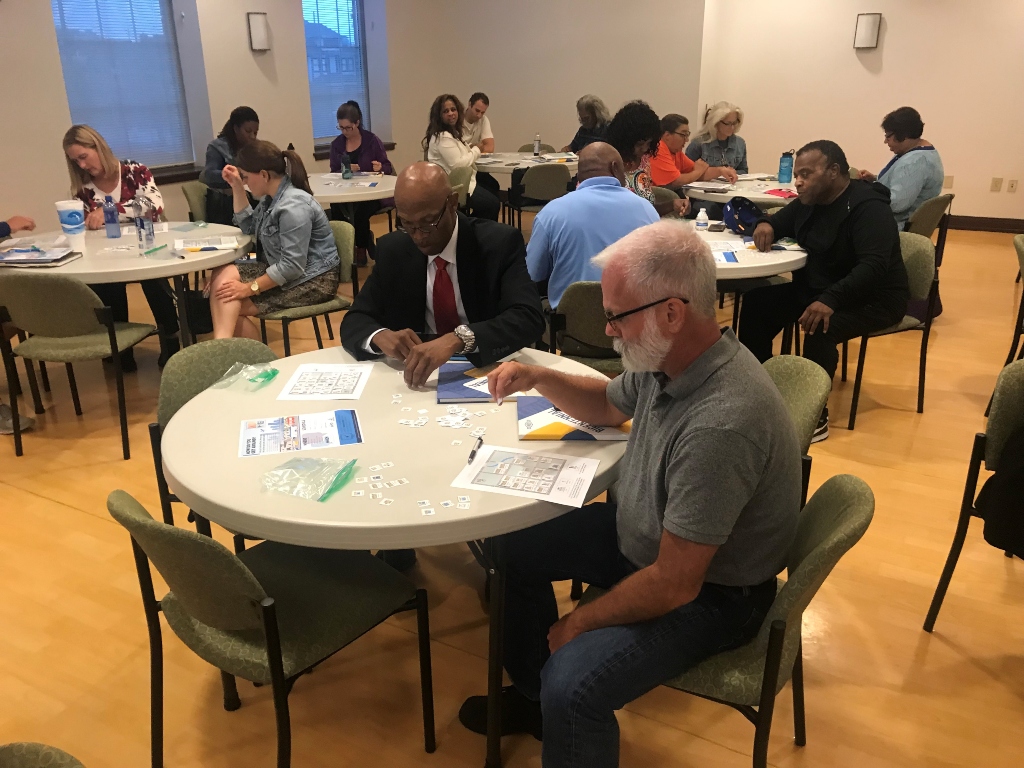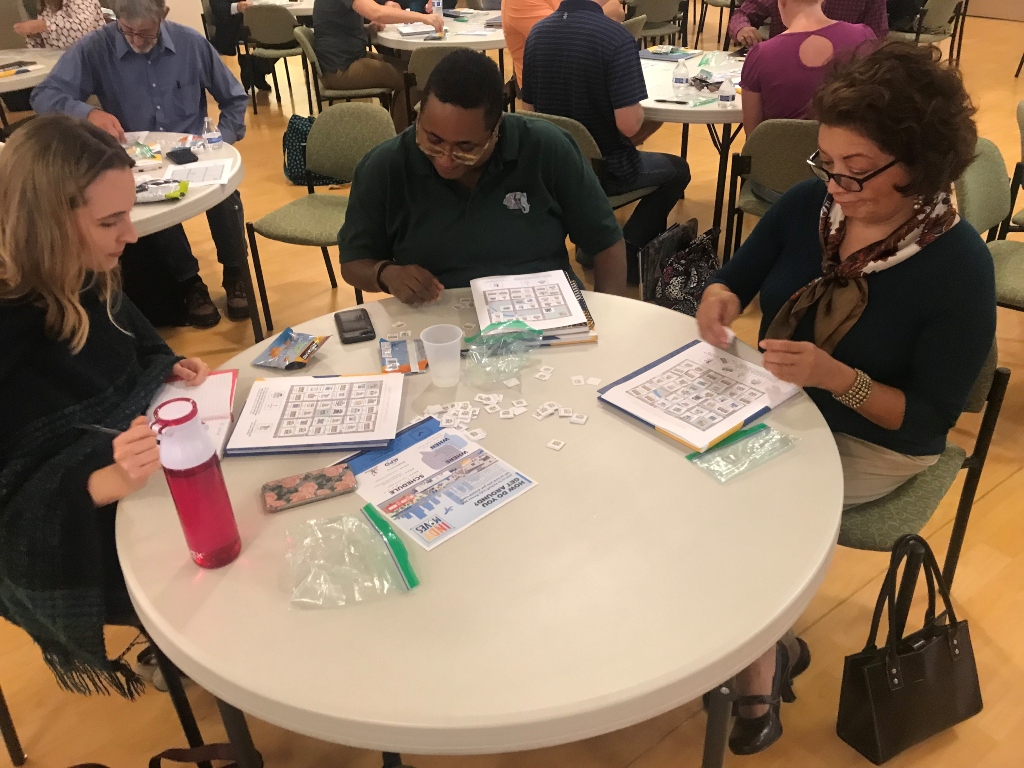The People’s Planning Academy became the first program of its kind in the U.S. After recognizing that some individuals, communities, and neighborhoods were not fully active in sharing opinions on their community’s development, the City of Indianapolis created the Academy to engage underrepresented residents. Over the course of six free workshops, participants learn the basics of city planning and the foundational goals from the City’s comprehensive plan—Plan 2020 Bicentennial Agenda – to make Indianapolis healthier, more resilient, more inclusive, and more competitive. The first six-week program in 2017 focused on land use in Indianapolis. The second program in 2019 covered public transportation and the introduction of a new bus system in Indianapolis.
In a survey following the first two iterations of the Academy, 90 percent of participants strongly agreed that they learned more about city planning and said they would recommend the People’s Planning Academy to a friend. The program successfully engaged people from neighborhoods historically underrepresented in city planning decisions.
The next iteration of the academy will be held virtually in spring 2021 using a grant from Indiana Humanities. It will focus on the history of Indianapolis, including the people, places, and events that have shaped the city. The curriculum is being developed in partnership with three humanities scholars, who bring a wealth of knowledge: Paula Brooks from the Hoosier Environmental Council, Jordan Ryan from the Indiana Historical Society, and Dr. Terri Jett from Butler University.
Challenges
The primary challenge in the first two years of the program’s development was funding. To date, the project completely relies on philanthropic funding, which is not always available. While the program received positive feedback, the number of attendees did drop between the first and second years, which the City attributes to funding.
Another challenge was the lack of speakers and session facilitators during the second Academy in 2019. Rather than having guest speakers, the planning staff from the City of Indianapolis ran many sessions due to funding constraints. In the future, the City hopes to bring in more industry experts, previous Academy participants, and new community members.
Finally, results inevitably vary from year to year based on opportunities for engagement. While the 2017 participants had the opportunity to participate in city planning committees and help lead the vision of the land-use plan, the 2019 participants felt their voice did not have as much of an impact on the decisions for the new bus line.
In response to this challenge, the lead coordinator for the Academy noted, “Even though a city planning decision may seem minor, there can be many long-term impacts on residents. Therefore, it is critical that staff center equity in their decision making and continue to elevate community member voices. The Academy is one way we do that in Indianapolis.”




